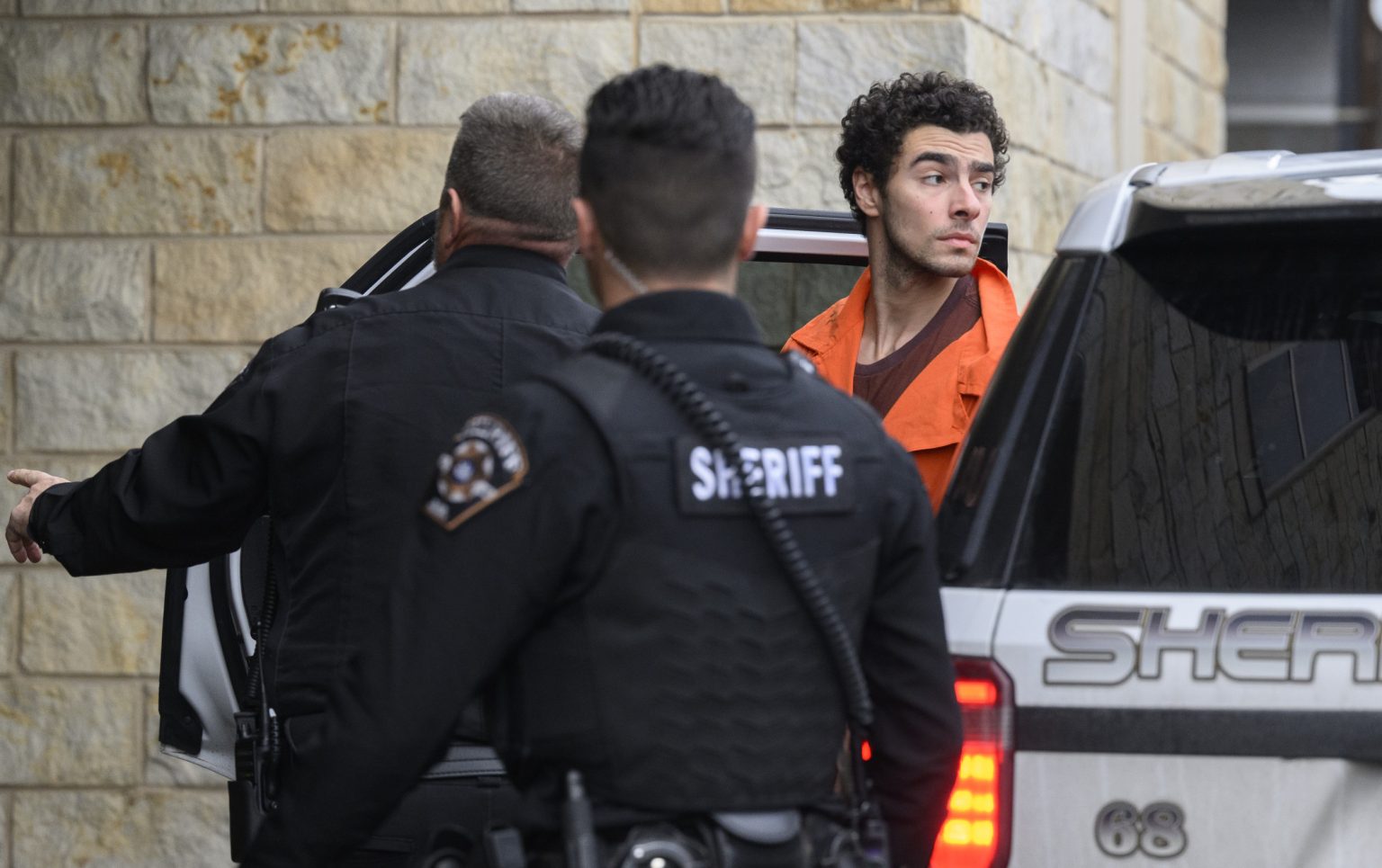The case against Luigi Mangione, accused of fatally shooting UnitedHealthcare CEO Brian Thompson, has taken a significant turn with the addition of a terrorism charge. Manhattan District Attorney Alvin Bragg’s decision to pursue this charge, which alleges Mangione’s act was intended to intimidate or coerce a civilian population and influence government policy, has drawn scrutiny and sparked debate among legal experts. The core question revolves around whether the act, while undeniably violent and tragic, meets the threshold of terrorism as defined by New York law. While the charge adds complexity to the prosecution’s case, it also reflects a broader concern about the potential motivations behind the killing and its impact on public perception. The terrorism charge carries significant implications, potentially influencing both the legal strategy and the public narrative surrounding the case.
Former Manhattan Assistant District Attorney Jeremy Saland expressed skepticism regarding the terrorism charge, characterizing it as “a bit of a stretch.” Saland questioned the justification for elevating the murder of a CEO to a terrorism charge, arguing that such a charge should typically be reserved for cases involving the killing of law enforcement officers or witnesses to crimes. He suggested that the charge might be an attempt to send a message, but cautioned that it could also create complications for the prosecution. This skepticism reflects a broader concern about the potential overreach of terrorism charges and the importance of applying them judiciously. Saland’s perspective underscores the need for a careful examination of the evidence and a clear articulation of how the alleged act fits the legal definition of terrorism.
Legal experts have offered varying perspectives on the appropriateness of the terrorism charge. Former Palm Beach County State Attorney Dave Aronberg acknowledged the added burden of proof the charge places on the prosecution, requiring them to demonstrate an intent to coerce or intimidate the public or a government entity. He noted, however, that the second-degree murder charge remains a viable option if the terrorism charge proves difficult to sustain. Legal analyst Neama Rahmani expressed surprise at the terrorism charge and questioned its strategic wisdom. Rahmani argued that the charge opens the door to exploring Mangione’s motive, potentially increasing the risk of jury sympathy or nullification. This highlights a key challenge in prosecuting terrorism cases: balancing the need to prove intent with the potential for extraneous information to influence the jury.
District Attorney Bragg defended his decision, stating that the murder was a “frightening, well-planned, targeted murder that was intended to cause shock and attention and intimidation.” He emphasized the public nature of the crime, occurring in a bustling area of Manhattan, and its potential to threaten the safety of residents and tourists. This statement highlights the prosecution’s focus on the broader impact of the crime and its potential to instill fear and disrupt public life. However, the challenge remains to connect these broader impacts directly to Mangione’s alleged intent, as required by the terrorism charge. The prosecution must demonstrate that Mangione’s actions were not merely violent but specifically designed to achieve a political or social objective through intimidation or coercion.
CNN’s Chief Legal Analyst and former NYPD Deputy Commissioner of Intelligence and Counterterrorism John Miller described the case as unusual, highlighting the alleged premeditation and targeted nature of the killing, purportedly motivated by Thompson’s position as head of a major healthcare insurer. Miller’s comments draw attention to the unique circumstances of the case and the apparent absence of a more conventional motive, such as personal animosity or financial gain. This unusual aspect of the case may have contributed to the decision to pursue the terrorism charge, as it suggests a potential broader agenda beyond a simple act of violence. However, the prosecution must still establish a clear link between the alleged motive and the legal definition of terrorism.
The case against Luigi Mangione is currently in a state of flux, with Mangione fighting extradition from Pennsylvania to New York. The legal proceedings will likely be protracted and complex, as the prosecution and defense grapple with the implications of the terrorism charge. The outcome of the extradition fight and subsequent legal proceedings will significantly shape the narrative of the case and determine the severity of the potential consequences for Mangione. The case raises fundamental questions about the application of terrorism charges and the balance between ensuring public safety and upholding individual rights. The ongoing developments will undoubtedly be closely watched by legal experts and the public alike, as the case unfolds and the intricacies of the legal arguments are presented and debated.

